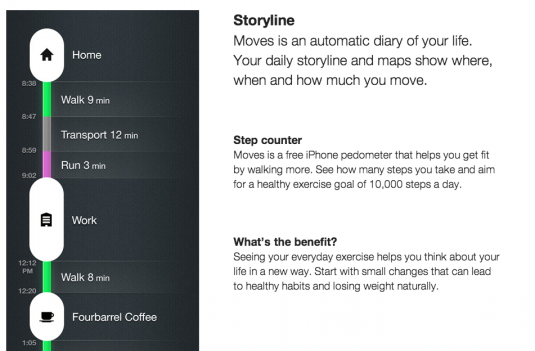I wonder if academics in medieval universities had their own versions of Twitter debates about the use of the word “doctor.” I wonder if the opponents to its use decried it a foul and unfair title, which should be reserved only for the Apostles and those learned elite of the Catholic church (who had, of course, taken a test and paid the appropriate fee to earn such a prefix). That argument seems ridiculous now, but it’s a worthy perspective for us to consider, especially after a #DPTstudent tweetchat which debated just such a question: should we be called “Doctor” as physical therapists who have earned the Doctor of Physical Therapy degree.
My very intelligent and witty friend, Courtney Kelsch, who happens to be a student of the English language and an academic herself, later joined in the debate. She’s not a PT, nor a healthcare practitioner, but her post on Twitter reminded me of this perspective. She wrote, “…the title Dr comes from the Latin word for “to teach.” Origins in academia, was never tied solely to physicians. Which is to say, arguing that PTs should not be called doctors makes no sense. Doctoral degree = doctor.” Well stated, and for us, quite embarrassingly so. I wonder just what drives someone who is currently paying for, and working hard to obtain a DPT degree, to feel the title is unfitting for them? What is this? Professional insecurity? Something else?
Yet even as individuals entering this profession are reluctant to permit others to refer to them as a doctor of the field, the American Physical Therapy Association’s Board of Directors is proposing a new vision statement to guide us forward, “Transform Society.” Bold! But, it is appropriate?
Points of consideration:
-Things that I’ve considered transformative to society include antibiotics, air travel, mobile communications, the semi-conductor, the cotton gin, and fire. Public health as a collective overall field can perhaps make this list as well. When physicians in Texas embarked on a campaign to stop spitting on the sidewalks, everyone lived an extra year or two. Not quite as profound as the first flight, but yes, the applications of the germ theory of disease was transformative to society. I just don’t see the same effect happening from widespread deployment of movement impairment analysis.
-This past week a physical therapist related to me the following statement: “Since we are PT’s, we can’t eat until 12:45 once all the physicians have eaten.” The worst part is: this was spoken without indignant offense, but rather in passing as part of a separate story.
-In a video spot a few weeks ago, a physical therapist got on a national TV show and purported cutting edge techniques, which were in reality, non-evidence-based banter that most skilled PT’s would never touch. That damage will take a long time to be undone given the scope of the audience.
-In a thoughtful post written by Jay Deragon entitled, “5 Stages of Societal Transformation,” he states, “Those that reach the transformation stages are the groups who create meaningful and significant change that positively impacts the entire human network. These groups are philosophically connected and grounded in a common set of principles that guide everything they think and do.”
And that’s the catch for me.
I know the APTA Board of Directors is a cohesive group tied together by a common vision. In fact most of the physical therapists I interact with on a regular basis whether at work or through conferences would probably fit the definition of a cohesive group philosophically I just worry that this vision doesn’t extend to the reality of the multi-faceted body of physical therapists that ultimately define the profession. There are tens of thousands of physical therapists that don’t go to conferences, don’t engage in professional dialouge, and who use outdated practice patterns. One former student of mine went down the road to work at a clinic in Texas where the clinic’s owner was adamantly against the concept of direct access to physical therapists.
The examples in this post, from reluctance to use an earned degree title, to persistance in old practice patterns, to flat denial of the role of physical therapists as a primary access provider support my notion that perhaps physical therapy as a profession isn’t ready to transform society. Despite how ready my colleagues and I might be to fight and redefine the role physical therapists play in the health of our society, I worry that just as I wage the battle, others in my profession are undermining it.
So I’m left with the question: how do we transform them?
Work hard to improve health and find ways to engage society in new and different ways? I get it. I want it. But I’m afraid the interpretation of the “transform society” vision will be muted by the volume of those scoffing at it. Not all of those people scoffing will be strangers.



